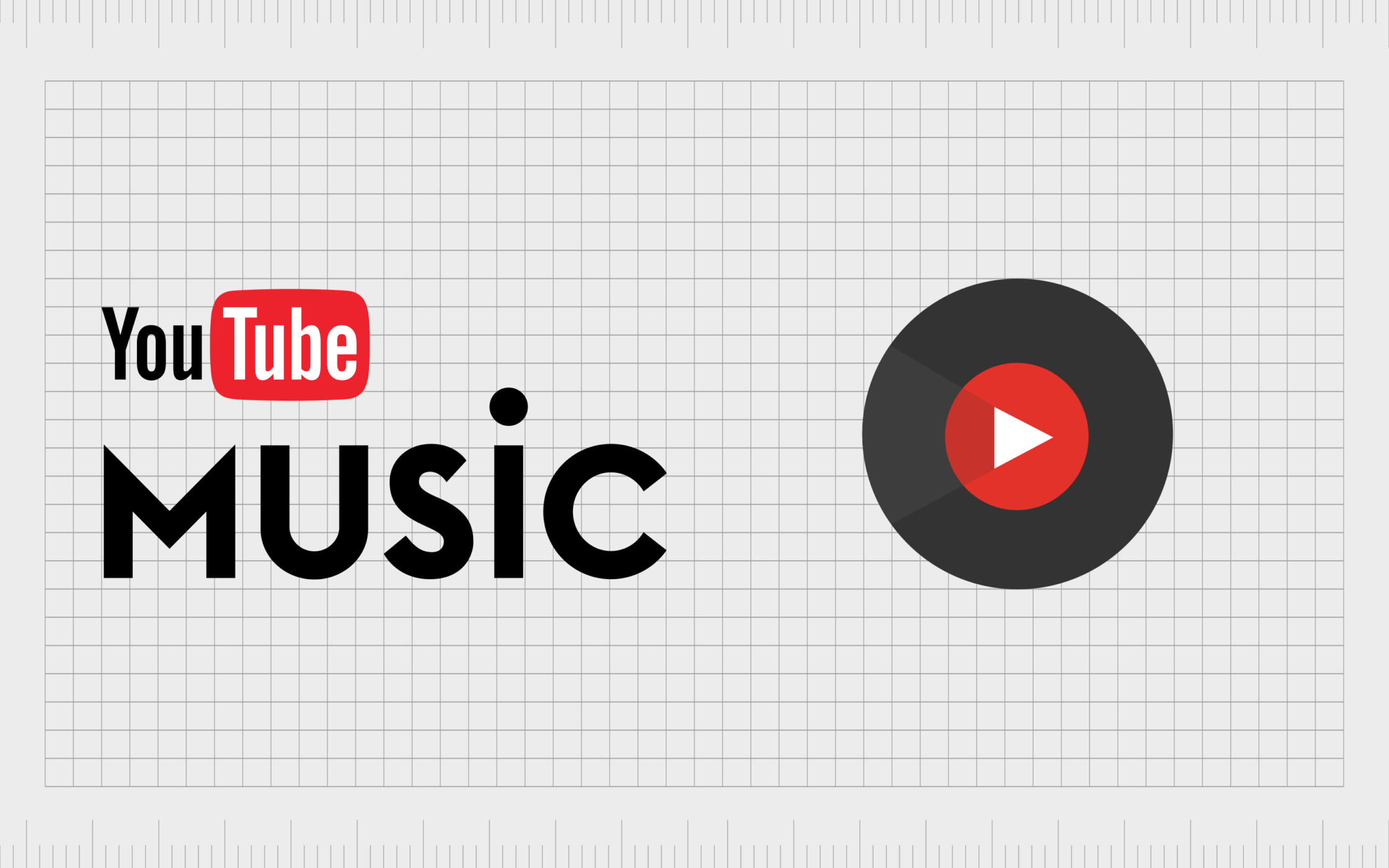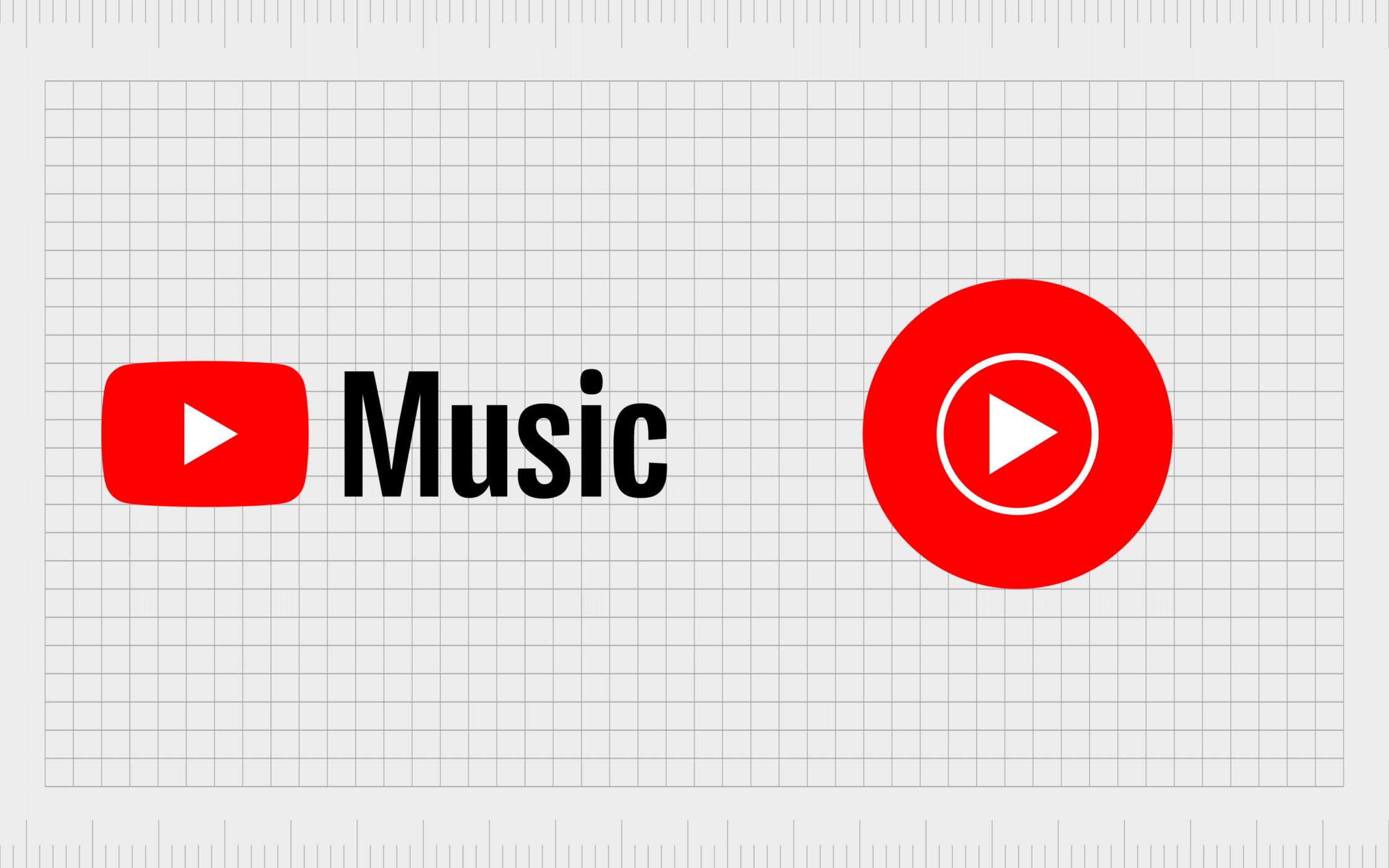YouTube’s Legal Minefield: Navigating Copyright, Content, and Controversy
YouTube, the behemoth of online video, has revolutionized how we consume and share content. But beneath the surface of viral videos and influencer endorsements lies a complex web of legal challenges. From copyright battles to content moderation controversies, YouTube constantly treads a fine line to maintain its platform while adhering to legal and ethical standards.
Introduction: The Price of Popularity
With billions of users uploading and viewing content every day, YouTube has become a breeding ground for legal disputes. While YouTube benefits from legal safe harbors like the Digital Millennium Copyright Act (DMCA), which protects them from liability for user-uploaded content as long as they adhere to takedown requests, this doesn’t erase the ongoing legal battles.
Copyright Infringement: The Never-Ending Story
- The DMCA and Takedown Requests: The DMCA is YouTube’s primary shield against copyright lawsuits. When a copyright holder identifies infringing content, they can issue a takedown notice. YouTube is then obligated to remove the content promptly. However, the system is not without its flaws.
- False Positives: Automated copyright detection systems, while improving, can sometimes flag content incorrectly, leading to unwarranted takedowns.
- Abuse of the System: Some entities have been accused of abusing the DMCA process to silence criticism or stifle competition.
- Content ID: YouTube’s Defense Mechanism: YouTube’s Content ID system scans uploaded videos for copyrighted material. When a match is found, the copyright holder can choose to:
- Monetize the video (placing ads and collecting revenue).
- Track the video’s viewership statistics.
- Mute the audio that matches the copyrighted material.
- Block the video entirely.
- However, Content ID isn’t perfect, and disputes over its accuracy are common.
Content Moderation: A Tightrope Walk
- Hate Speech and Misinformation: YouTube has faced significant criticism for its handling of hate speech, misinformation, and extremist content. The platform has struggled to balance free speech principles with the need to protect users from harmful content.
- Evolving Policies: YouTube’s content policies are constantly evolving in response to public pressure and changing societal norms. However, critics argue that enforcement is often inconsistent and reactive rather than proactive.
- The Algorithm Problem: YouTube’s recommendation algorithm has been accused of amplifying controversial content, potentially leading users down "rabbit holes" of extremism.
- Children’s Content and COPPA: The Children’s Online Privacy Protection Act (COPPA) places strict regulations on how online platforms collect and use data from children under 13. YouTube has faced scrutiny and fines for allegedly violating COPPA.
- YouTube Kids: YouTube launched YouTube Kids as a dedicated platform for children’s content, but concerns remain about the quality and appropriateness of some videos available on the app.
Data Privacy: A Growing Concern
- Data Collection and Usage: YouTube collects vast amounts of data about its users, including viewing history, search queries, and demographic information. This data is used to personalize recommendations, target ads, and improve the platform.
- Privacy Concerns: Critics argue that YouTube’s data collection practices are intrusive and raise concerns about privacy. There are fears that user data could be misused or shared with third parties without adequate consent.
- GDPR and Global Regulations: The General Data Protection Regulation (GDPR) in Europe and similar data privacy laws around the world have forced YouTube to implement stricter data protection measures and provide users with more control over their personal information.
Landmark Cases and Legal Battles
- Viacom vs. YouTube: One of the most high-profile copyright cases in YouTube’s history, Viacom sued YouTube for massive copyright infringement. While Viacom ultimately lost the case, it highlighted the challenges of policing user-generated content and the importance of the DMCA safe harbor.
- Ongoing Legal Disputes: YouTube continues to face numerous legal challenges related to copyright, content moderation, and data privacy. These cases can have significant financial and reputational consequences for the company.
The Creator’s Perspective: Navigating the Legal Maze
- Fair Use and Copyright Compliance: YouTube creators must be mindful of copyright law and fair use principles when creating their content. Using copyrighted material without permission can lead to takedown notices, strikes, and even account termination.
- Resources and Tools: YouTube provides creators with resources and tools to help them understand copyright law and avoid infringement. However, the legal landscape can be complex, and many creators seek legal advice to ensure compliance.
- Content Guidelines and Monetization: YouTube creators must also adhere to the platform’s content guidelines to be eligible for monetization. Violating these guidelines can result in demonetization or removal from the YouTube Partner Program.
The Future of YouTube and the Law
- Technological Solutions: YouTube is investing in new technologies, such as artificial intelligence and machine learning, to improve content moderation and copyright enforcement.
- Regulatory Scrutiny: Governments around the world are increasing their scrutiny of online platforms like YouTube, and new regulations are likely to be introduced in the coming years.
- Evolving Legal Landscape: The legal landscape surrounding online video is constantly evolving, and YouTube will need to adapt to remain compliant and avoid legal pitfalls.
Conclusion: A Balancing Act
YouTube’s legal troubles are a reflection of its immense scale and influence. Balancing the rights of copyright holders, the freedom of expression of its users, and the need to protect its community from harmful content is a complex and ongoing challenge. As technology evolves and societal norms shift, YouTube will need to continue to adapt its policies and practices to navigate the ever-changing legal landscape.
While YouTube offers a powerful platform for expression and creativity, understanding its legal complexities is crucial for both the company and its users. By staying informed and proactive, creators, viewers, and YouTube itself can work towards a more sustainable and legally sound future for online video.

